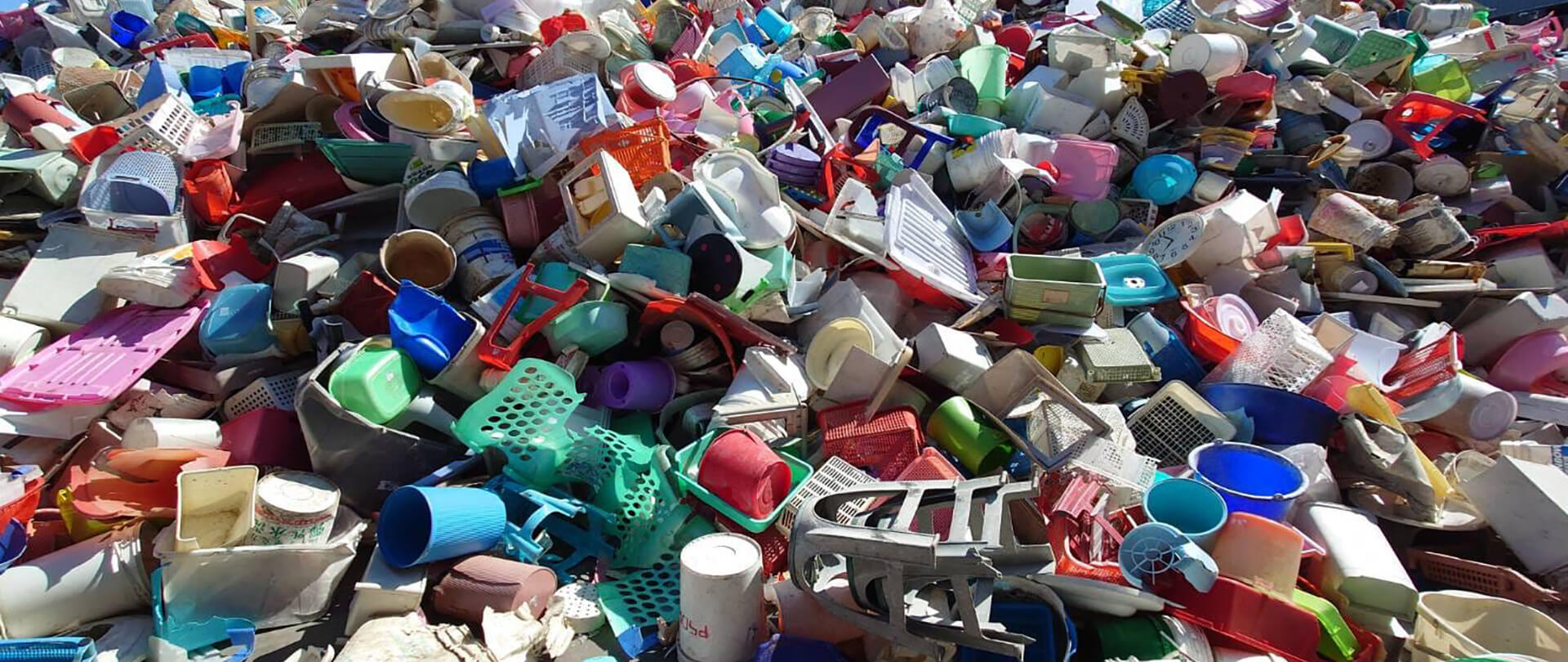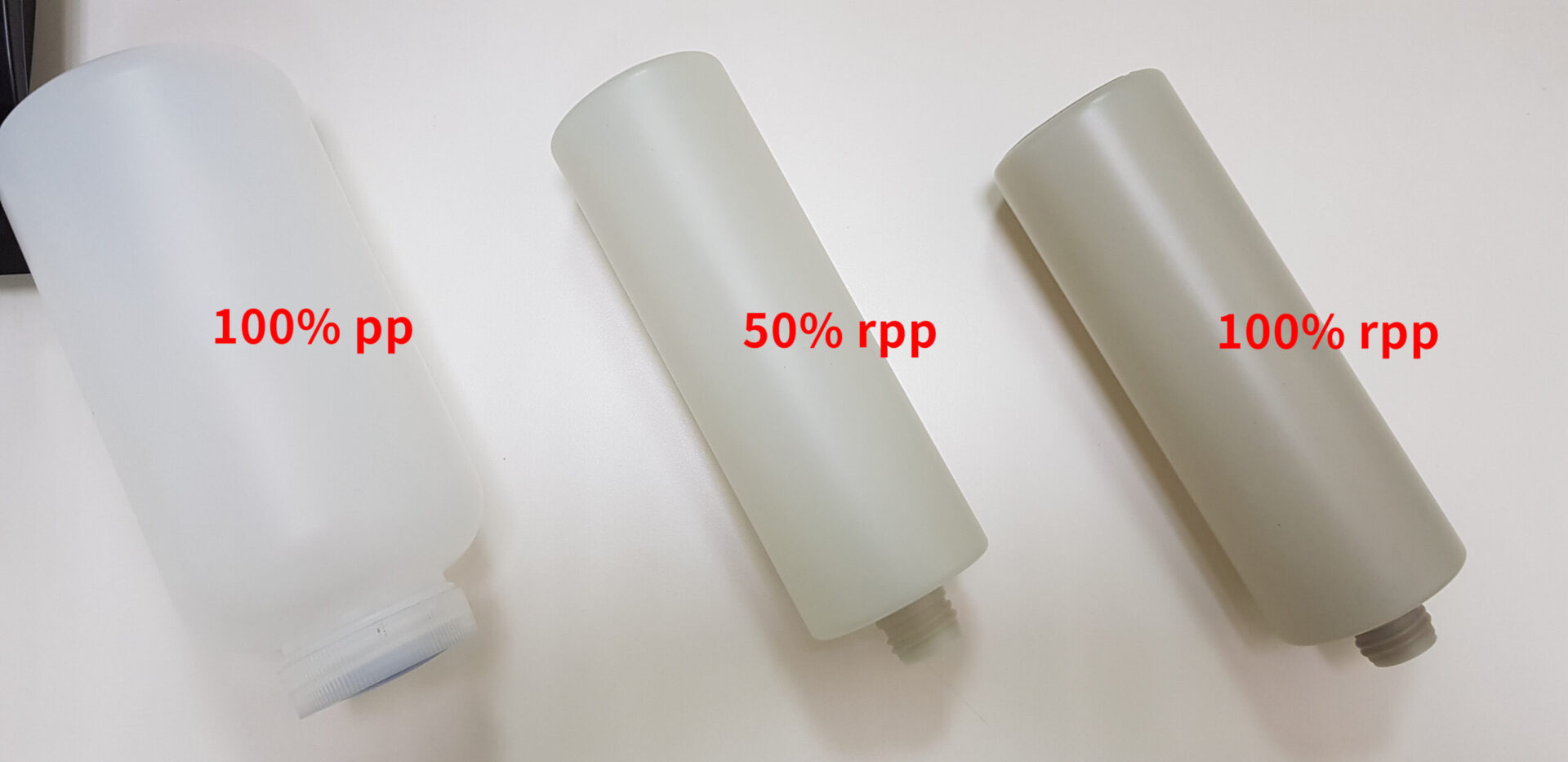
10 Everyday Products Made from Recycled Plastic
In today’s world, recycling plastic has become increasingly important for a sustainable future. Everyday products made from recycled plastic not only do these products help reduce waste, but they also contribute to the conservation of natural resources. Here are ten examples of everyday items that can be created using recycled plastic:
- Bottles: Plastic bottles, such as water bottles and beverage containers, can be recycled and transformed into new bottles or other plastic products.
- Bags: Shopping bags, tote bags, and various types of packaging can be manufactured using recycled plastic, providing an eco-friendly alternative to single-use plastics.
- Furniture: Outdoor furniture, including chairs, tables, and benches, can be made from recycled plastic, offering durability and resistance to weather conditions.
- Clothing: Sustainable fashion brands utilize recycled plastic fibers, often derived from plastic bottles, to create eco-friendly clothing items.
- Carpets: Carpets and rugs made from recycled plastic fibers provide a sustainable flooring option, reducing the demand for new materials.
- Containers: Food storage containers, lunch boxes, and household storage bins can be produced using recycled plastic, promoting waste reduction and reuse.
- Garden Products: Garden planters, flower pots, and garden edging made from recycled plastic offer a sustainable choice for gardening enthusiasts.
- Park Benches: Public parks often feature park benches made from recycled plastic, providing comfortable seating while supporting the environment.
- Toys: Children’s toys, such as building blocks and outdoor play equipment, can be manufactured using recycled plastic, promoting sustainability in playtime.
- Office Supplies: Products like pens, folders, and desk organizers can be made from recycled plastic, allowing for greener choices in the workplace.
Why should we go with recycled plastic products?
Plastic is ubiquitous in our daily lives, but are there problems (primarily environmental issues) its prevalence may cause? First, the raw material for plastics is derived from petroleum, rapidly consumed as the population and economy grow. Secondly, the production of plastics emits large amounts of carbon dioxide and several toxic compounds, including sulfides and nitrogen compounds. The increased atmospheric carbon dioxide concentration causes global warming, which frequently occurs in extreme global climate changes, such as record-breaking heavy rains, droughts, and snowstorm disasters. And third, even after recycling, incineration (with air pollution) and landfilling (with groundwater pollution) are still problems, and unrecycled plastic products float in rivers and oceans, killing millions of marine species yearly. In light of this, more and more voices are being raised to promote recycled plastics.
What is recycled plastic?
Recycled plastic products are everywhere in our lives. For example, recycled PET bottles become clothing and backpacks. PET bottle caps are processed into fruit crates for agriculture and various plastic crates. Milk and soy milk bottles are recycled into shampoo bottles and office plastic folders. Recycle air conditioner plastic shells to make trash cans and rats.
The benefits of recycled plastic.
So-called recycled plastics aim to recycle and reuse discarded plastics, the benefits of which are:
- In addition to polluting oceans, rivers, and land, it also prevents the toxic additives in unrecovered plastic from leaking out and contaminating groundwater.
- Waste recycling can reduce the volume of oil production, the pollution and environmental damage caused by crude oil production, and the geopolitical tensions caused by competition for oil resources.
- The European Union will impose a carbon border tax (Carbon Border Adjustment Mechanism, CBAM) in the future. The carbon footprint of recycled plastic products is relatively tiny compared to various new plastic materials. Its carbon dioxide emissions can be reduced by 50-80%, which makes it an essential raw material for low-carbon products.
How can we go with recycled plastic products?
Despite the benefits, recycled plastic products require consumer purchasing support. Recycling processes need waste collection, shredding, washing, and recycling into plastic products, and mining recycled materials require the development of engineering formulas for toughness and toughness. For these reasons, the cost of developing recycled materials is higher than that of new materials. Only when consumers are ready to buy can brand owners and retailers put recycled plastic products on their shelves to achieve economic sustainability.
Green Value provide customized recycled plastic products to save the environment
Green Value is currently working on Carbon Neutral and offers a wide range of low-carbon materials, including sustainable plastics, PIR plastics, and PCR plastics. We also customized various suggestions for customers’ needs, such as packaging materials or souvenirs. From raw material to processed carbon emission, let Green Value help you do your part for the earth.
In 2020, the epidemic led to a mass of surgical mask waste, which has caused severe environmental pollution. Our customer initiated a “Recycling for surgical masks” and took the lead to participate in the recycling.
After discussing with the customer, we provide the relevant granulation assistance and additive consultation. Through cleaning and modification, the waste had turned into PCR materials. The customer then processed our PCR material by high-temperature and high-pressure injection. Eventually, our recycling work turned the waste into USB charging boards for daily use.
Recycled Plastic Products FAQ
Q1:What are recycled plastic products?
A1: Recycled plastic products are items that are made from plastic materials that have been previously used and then processed through recycling methods. These products are created by collecting, sorting, and processing plastic waste to transform it into new, usable materials.
Q2:Are recycled plastic products of good quality?
A2: Yes, recycled plastic products can be of high quality. The advancements in recycling technologies have enabled the production of recycled plastics that meet or exceed the quality standards of their virgin plastic counterparts. These products undergo rigorous testing to ensure their durability, strength, and functionality.
Q3:How sustainable are recycled plastic products?
A3: Recycled plastic products are highly sustainable. By utilizing plastic waste as a resource, these products contribute to waste reduction, conserve natural resources, and minimize the demand for new plastic production. They help to reduce the carbon footprint associated with plastic manufacturing and disposal.
Ask for a quote: PIR plastics manufacturing, sustainable plastic manufacturing, recycled plastic, carbon dioxide emissions


